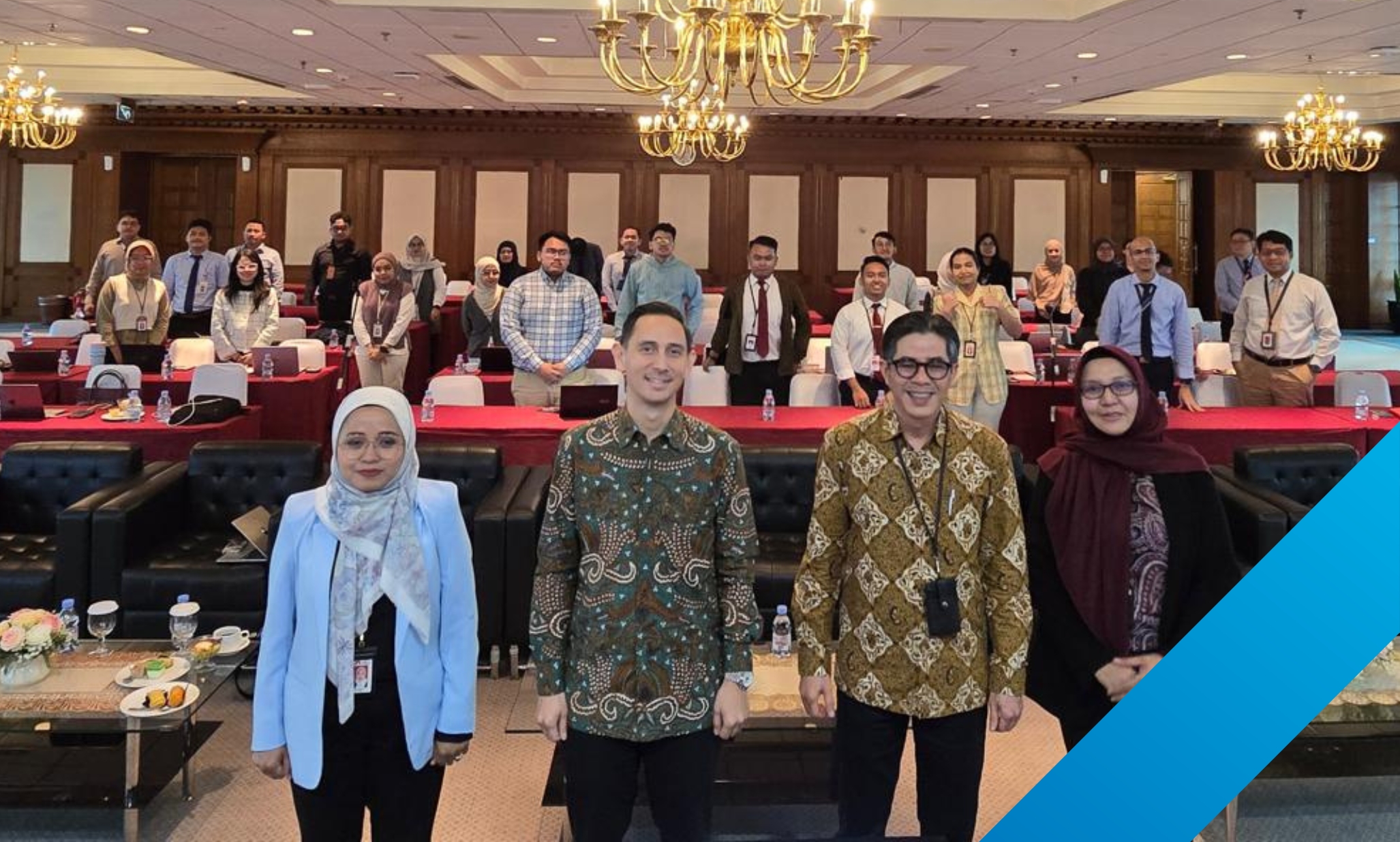

Starting this year, companies in Indonesia are required to register employees in the Indonesian Government's health and employment social security programs. This is part of an effort by the Government to expand social security benefits to more of the population, but questions remain about the implementation of the new programs and their effect on business.
What is BPJS?
Indonesia's Law on National Social Security System (System Jaminan Sosial Nasional or "SJSN") was passed in October 2004 and marked a major milestone in the reform of the country's social security system. As part of the law the Indonesian Government established the Social Security Organizing Body (Badan Penyelenggara Jaminan Sosial or "BPJS"). There are two separate BPJS in Indonesia, one managing health care and the other overseeing employment social security.
Since January 1, 2014, Health Security is managed by the BPJS of Health, while the BPJS of Employment oversees (i) Work Accident Security, (ii) Old Age Security, (iii) Pension Security, and (iv) Death Security. Under the new regime, the BPJS of Employment is similar to the current Jamsostek scheme, with the added benefit of Pension Security.
Are Foreign Employees Required to Register for the BPJS Programs?
Anyone who has worked in Indonesia for at least six months, including foreign nationals, must be registered for both types of social security at the BPJS of Health and BPJS of Employment. All companies in Indonesia are required to register their employees for both programs, including the Indonesian branches or representative offices of foreign companies.
Exemptions and Contributions
There is no longer a Health Social Security exemption for individuals with private health plans that offer greater benefits than those under the BPJS of Health, as was previously the case under Jamsostek. Contributions for Health Social Security will be split between employers and employees, with employers contributing 4% of an employee's salary and the employee contributing 0.5% of his or her salary.
Deadline to Participate
Companies in the private sector must register employees with the BPJS of Health by January 1, 2015. Starting July 1, 2015, all employees in Indonesia must participate in the BPJS of Employment, with the new Pension Program to be introduced as part of employee benefits.
Sanctions
Employers that fail to register employees for the programs will be ineligible to receive certain services from the Government, including the registration of business licenses, licenses to hire foreign employees, and building permits. Individuals who fail to register with the BPJS will be unable to obtain a driver's license, land certificate, vehicle ownership certificate or a passport.
Questions
It is uncertain how the Government will impose sanctions on employers and employees who fail to participate in the BPJS programs. Another question is whether employers will be allowed to cancel the current health plans they offer employees once they register with the BPJS of Health. We are also awaiting further regulation regarding what happens to the contributions made by foreign employees to the BPJS of Employment once they leave Indonesia.
So, there are some outstanding issues about how the BPJS scheme will work, but what is clear is that this scheme represents a major change for companies. With less than a year before the deadline to register for the BPJS of Health and less than 18 months to register with the BPJS of Employment, it is important that companies begin preparing for this new regime.
About SSEK
SSEK is a leading full-service corporate and commercial law firm based in Jakarta, Indonesia. Since its founding in 1992, SSEK has grown to one of the largest and most highly regarded corporate law firms in Indonesia. SSEK is recognized by independent legal directories including Chambers & Partners, The Legal 500 and Asia Law as a leading law firm in Indonesia across all major practice areas including banking and finance, capital markets, corporate law and mergers and acquisitions, construction and real estates, energy and natural resources, IT and telecommunications, labor and employment, project finance, restructuring and insolvency, and shipping. SSEK has been named the Indonesian Law Firm of the Year on multiple occasions.
This publication is intended for informational purposes only and does not constitute legal advice. Any reliance on the material contained herein is at the user's own risk. You should contact a lawyer in your jurisdiction if you require legal advice. All SSEK publications are copyrighted and may not be reproduced without the express written consent of SSEK.









